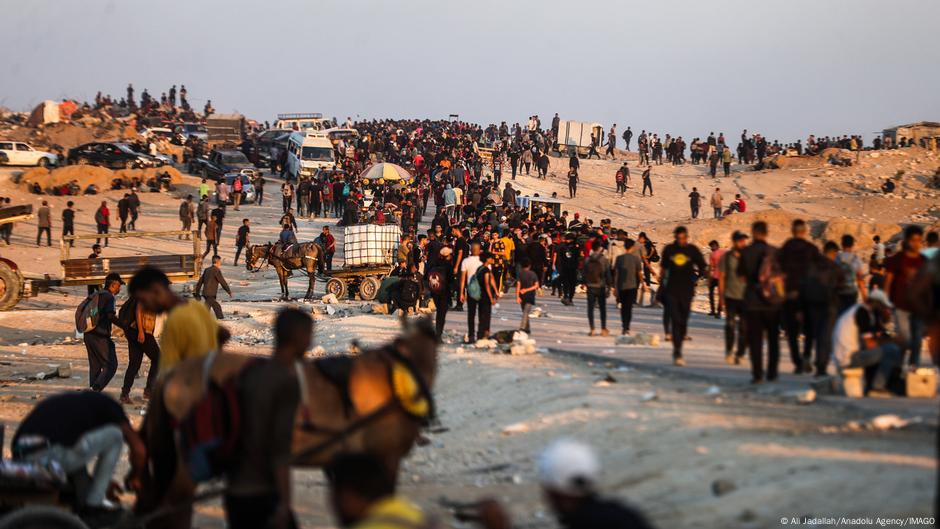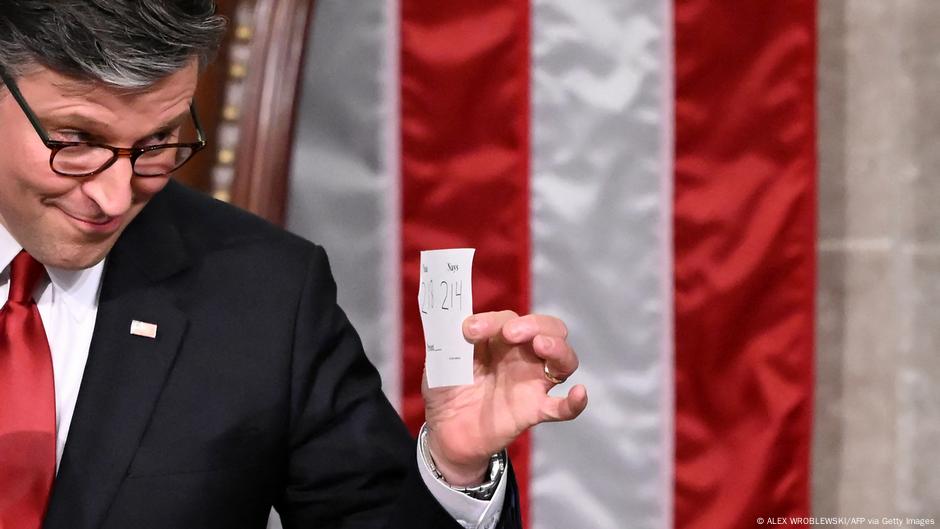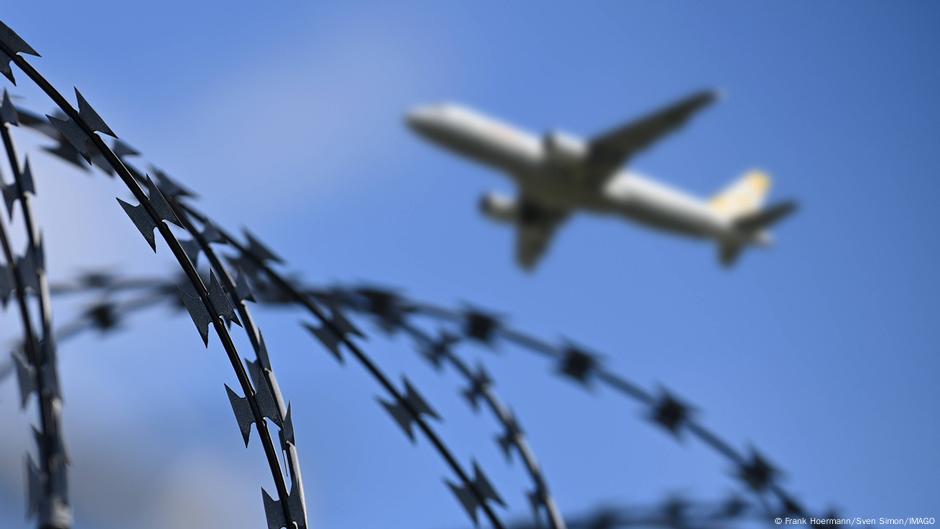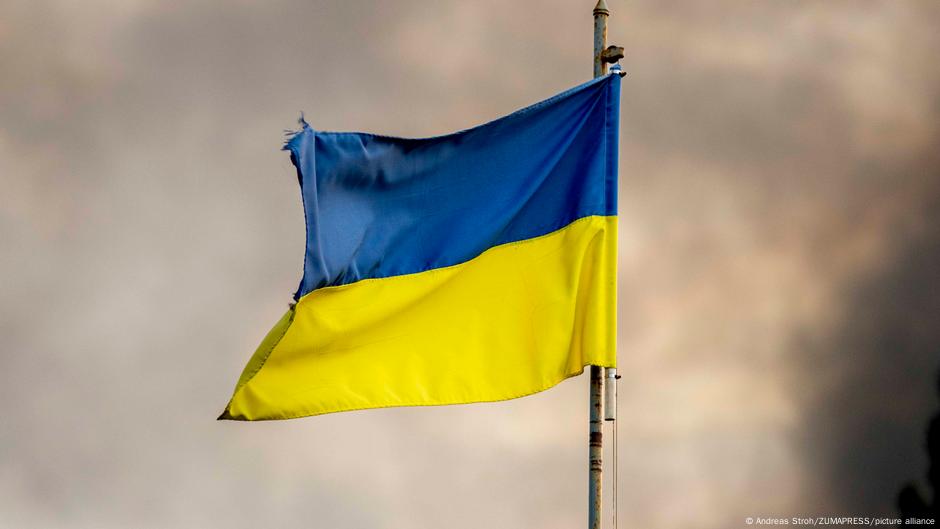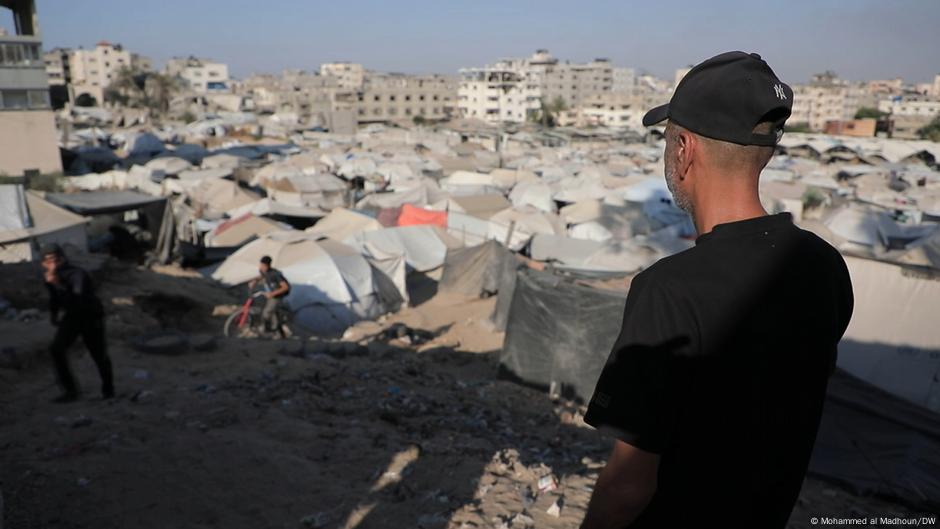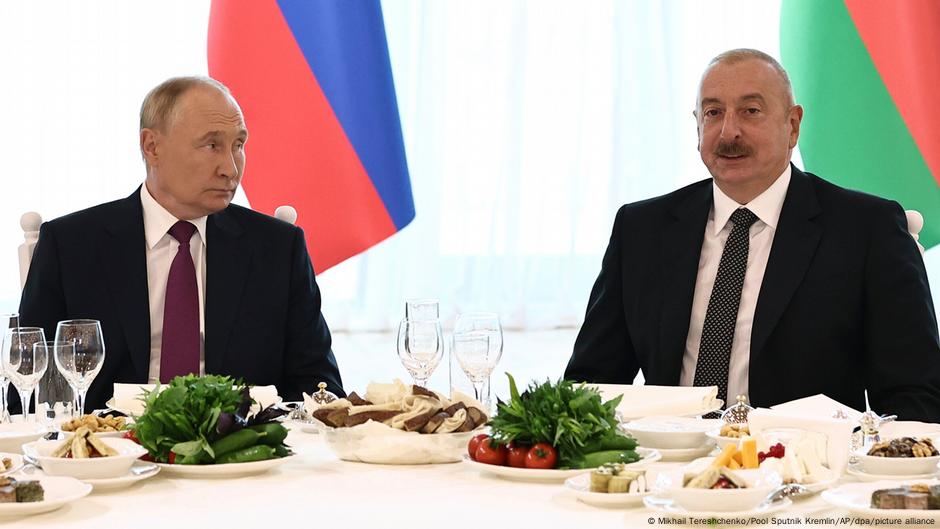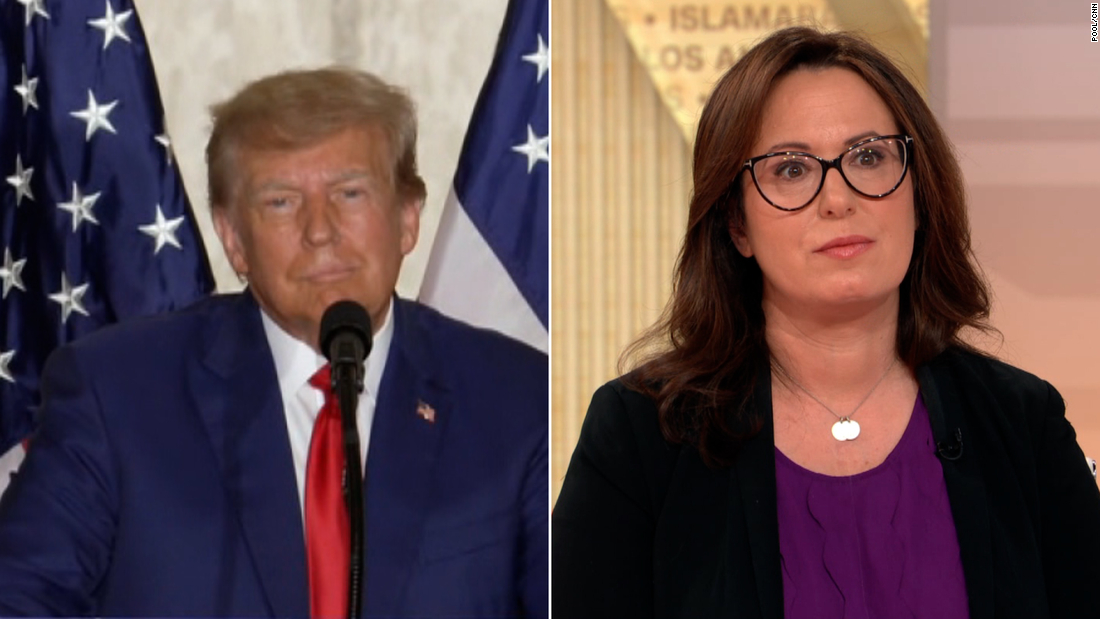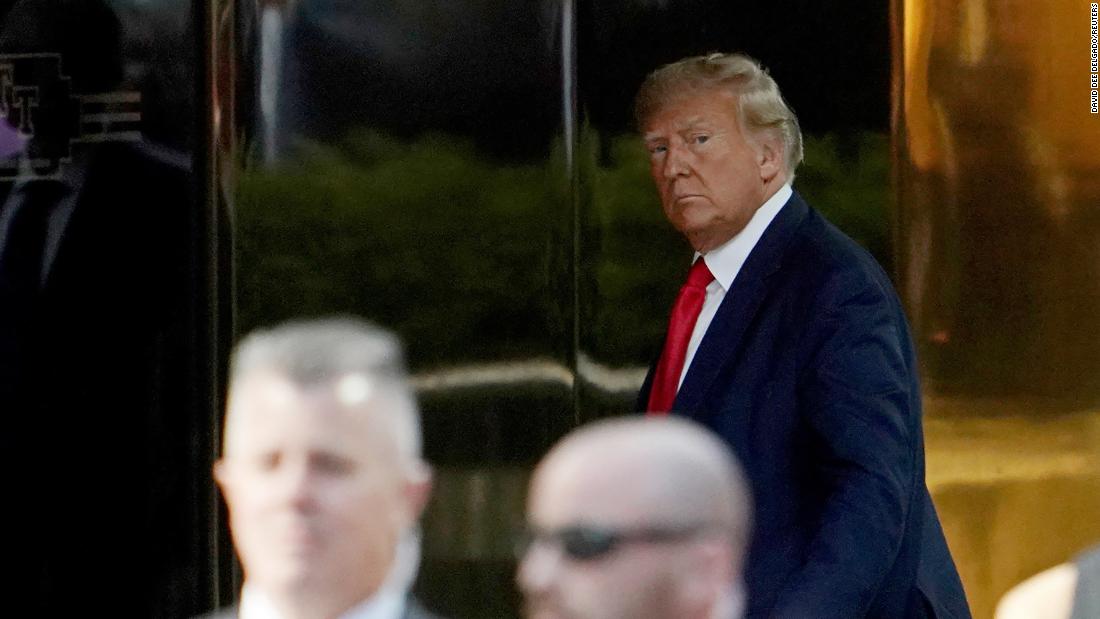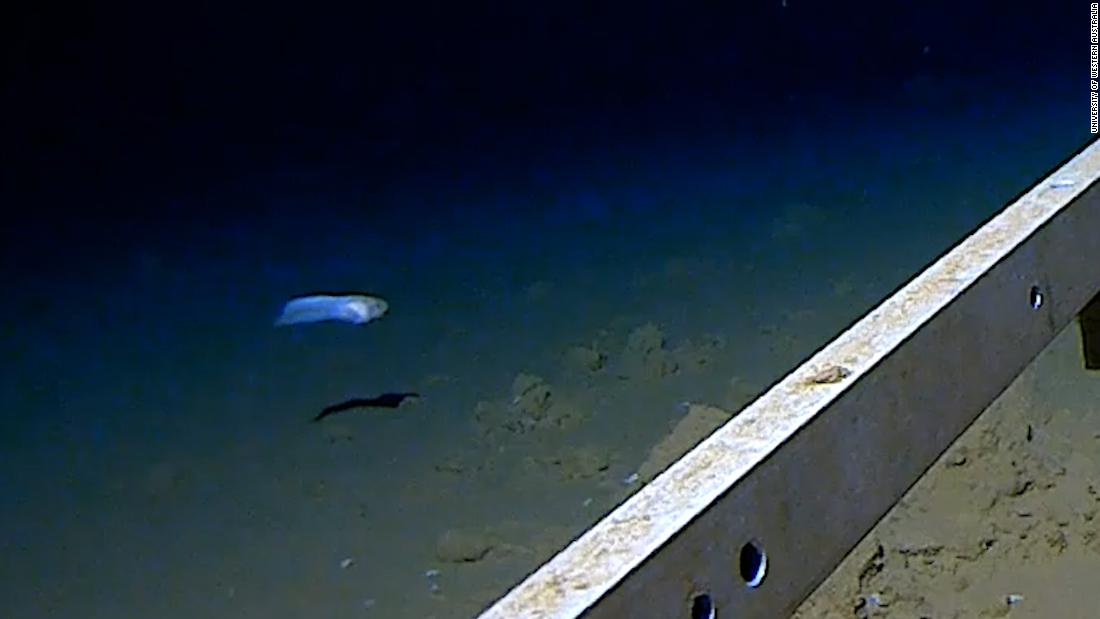ConflictsMiddle East
Middle East: Hamas seeks ceasefire guarantees
Matt Ford with Reuters, AFP, AP, dpa | Jenipher Camino Gonzalez Editor07/03/2025July 3, 2025
https://p.dw.com/p/4wucaImage: Ali Jadallah/Anadolu Agency/IMAGOSkip next section What you need to know
What you need to know
- Hamas is seeking guarantees that a ceasefire deal will lead to an end of the war
- Almost 100 Palestinians killed on Thursday in Gaza
- UN expert calls on countries to cut trade ties with Israel
Welcome to DW’s coverage of developments in the Middle East on Thursday, July 3. Refresh the page for updates.
Skip next section UN expert calls on countries to cut Israel trade ties07/03/2025July 3, 2025
UN expert calls on countries to cut Israel trade ties
A United Nations expert on Thursday urged countries to cut off financial and trade ties with Israel and impose an arms embargo in response to what she called an “apocalyptic” situation in the Gaza Strip.
“Israel is responsible for one of the cruelest genocides in modern history,” said Francesca Albanese, the UN Special Rapporteur on the Occupied Palestinian Territories, in a speech to the UN Human Rights Council in Geneva, Switzerland.
Albanese was presenting her latest report which named more than 60 companies she said were involved in supporting Israeli settlements in the occupied West Bank and military actions in Gaza.
“What I expose is not a list, it is a system, and that is to be addressed,” she told the council, calling for international companies to face legal consequences for what she alleged was their involvement in violations of international law.
Israel’s delegate was not present for the speech at the Geneva council, which Israel claims has an antisemitic bias, and has yet to comment.
Earlier this week, however, Israeli representatives in Switzerland called Albanese’s report “legally groundless, defamatory and a flagrant abuse of her office.”
Gaza family mourns 19-year-old killed at Israeli aid site
To view this video please enable JavaScript, and consider upgrading to a web browser that supports HTML5 video
https://p.dw.com/p/4wucgSkip next section Gaza Health Ministry says nearly 100 Palestinians killed07/03/2025July 3, 2025
Gaza Health Ministry says nearly 100 Palestinians killed
At least 94 people were killed by Israeli airstrikes and alleged gunfire in the Gaza Strip overnight and on Thursday morning, including at least 45 who were attempting to access humanitarian aid, according to the Gaza Health Ministry.
According to the Hamas-run institution, at least five people were killed near sites linked to the controversial US and Israeli-backed Gaza Humanitarian Foundation (GHF), while at least 33 others were killed at other aid-related locations.
Elsewhere, the French AFP news agency, citing Gaza’s civil defense agency, reported that an Israeli strike on a school building providing shelter for displaced people in Gaza City killed at least 12 people, mainly women and children.
The Associated Press (AP) news agency reported that others were killed in airstrikes which struck tents in Muwasi, a sprawling zone where many Palestinians are attempting to shelter in tents.
Gazans demand peace after hospital director killed in strike
To view this video please enable JavaScript, and consider upgrading to a web browser that supports HTML5 video
https://p.dw.com/p/4wucfSkip next section Hamas seeks ceasefire guarantees 07/03/2025July 3, 2025
Hamas seeks ceasefire guarantees
The Palestinian militant group Hamas is seeking “clear guarantees” that a new US-backed ceasefire deal would ultimately lead to the end of the ongoing war with Israel.
The latest deal, which proposes the return of ten living Israeli hostages and the bodies of 18 more in exchange for Palestinian prisoners held in Israeli jails during a 60-day ceasefire, has allegedly been accepted by Israel, according to US President Donald Trump.
“We are approaching the matter with great responsibility,” Hamas said on its Telegram channel on Wednesday.
Israeli Energy Minister Eli Cohen, who sits on the government’s security cabinet, told Israeli news outlet Ynet that there was “definitely readiness to advance a deal.”
Foreign Minister Gideon Saar said most of his government colleagues back a Gaza agreement that includes the release of hostages. “If the opportunity arises, we must not miss it!” he wrote on social media.
Two Israeli officials told the Reuters news agency however that details were still being ironed out.
Meanwhile, Israeli Prime Minister Benjamin Netanyahu reiterated his stance that there can be no end to the war while Hamas remain in control of the Gaza Strip.
“I am telling you: there will be no more Hamas, there will be no more Hamastan, we are not going back to that, it’s over,” he said in a speech in the southern Israeli city of Ashkelon on Wednesday in remarks quoted by his office.
“We will free all of our hostages,” Netanyahu added. “We will eliminate Hamas down to its very foundations.”
Is Middle East peace within reach with US involvement?
To view this video please enable JavaScript, and consider upgrading to a web browser that supports HTML5 video
https://p.dw.com/p/4wuciSkip next section Welcome to our coverage07/03/2025July 3, 2025
Welcome to our coverage
Hello and welcome to DW’s coverage of developments in the Middle East on Thursday, July 3.
The Palestinian militant group Hamas says it is seeking guarantees that the latest US-backed ceasefire proposal will eventually lead to an end to the war with Israel.
Meanwhile, almost 100 more people have been killed in Israeli strikes across the Gaza Strip, and also reportedly near sites distributing humanitarian aid.
A United Nations expert has descried the “apocalyptic” situation in the enclave and called on states to cut trade ties with Israel over what the UN expert described as a “genocidal” campaign.
https://p.dw.com/p/4wue8Matt Ford Reporter for DW News and Fact CheckSend us your feedback
Sursa: DW
